Developmental Dyslexia Was Essential For Human Survival and Still Has Benefits Today
 As the most common cause of spelling, reading, and writing difficulties, dyslexia affects about 15% to 20% of the population. It’s a learning difficulty that does not discriminate, as it affects the general population nearly equally, regardless of gender, ethnicity, or socio-economic background. Read more ›
As the most common cause of spelling, reading, and writing difficulties, dyslexia affects about 15% to 20% of the population. It’s a learning difficulty that does not discriminate, as it affects the general population nearly equally, regardless of gender, ethnicity, or socio-economic background. Read more ›



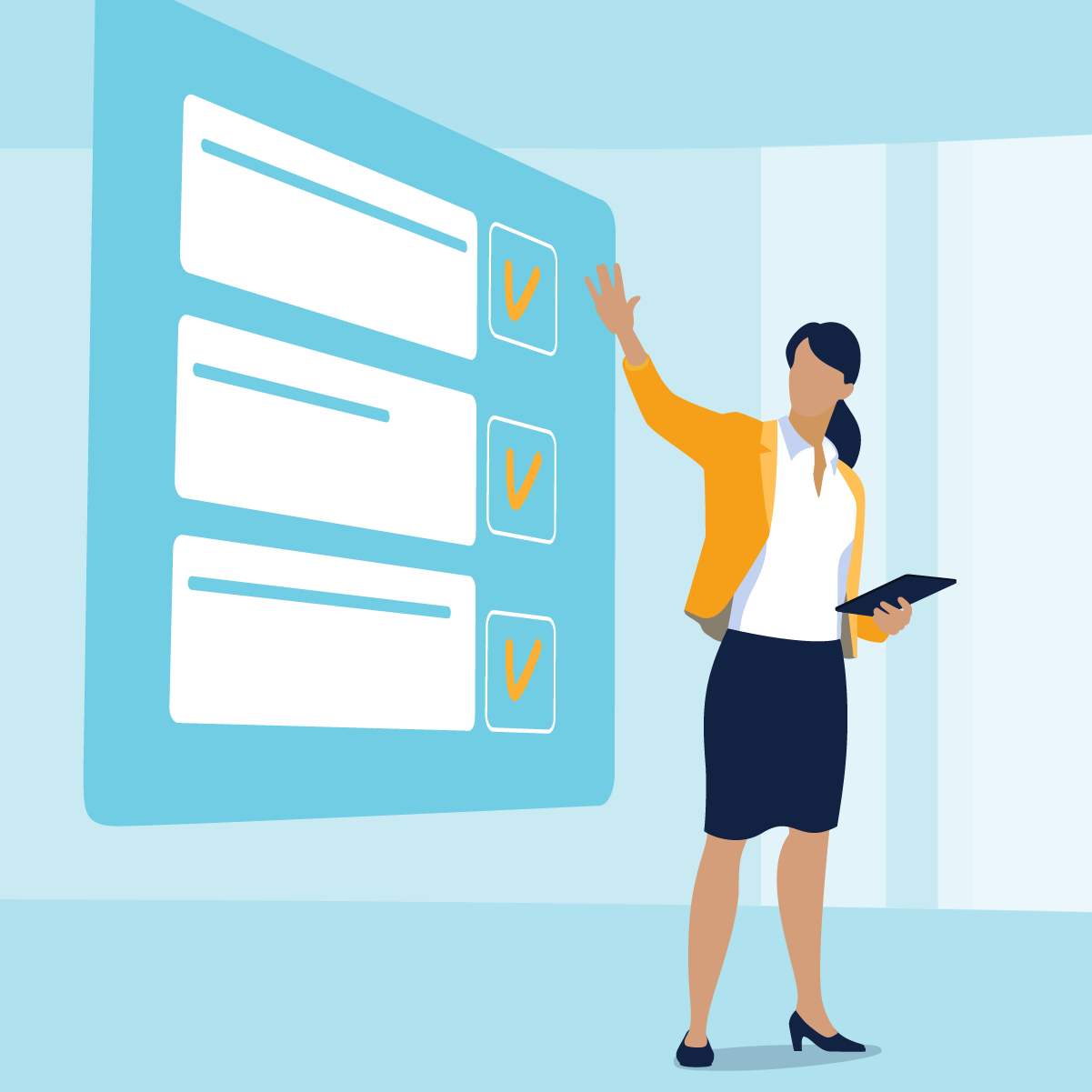

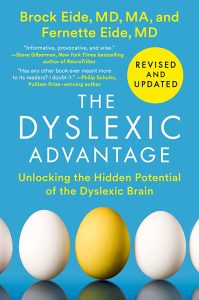

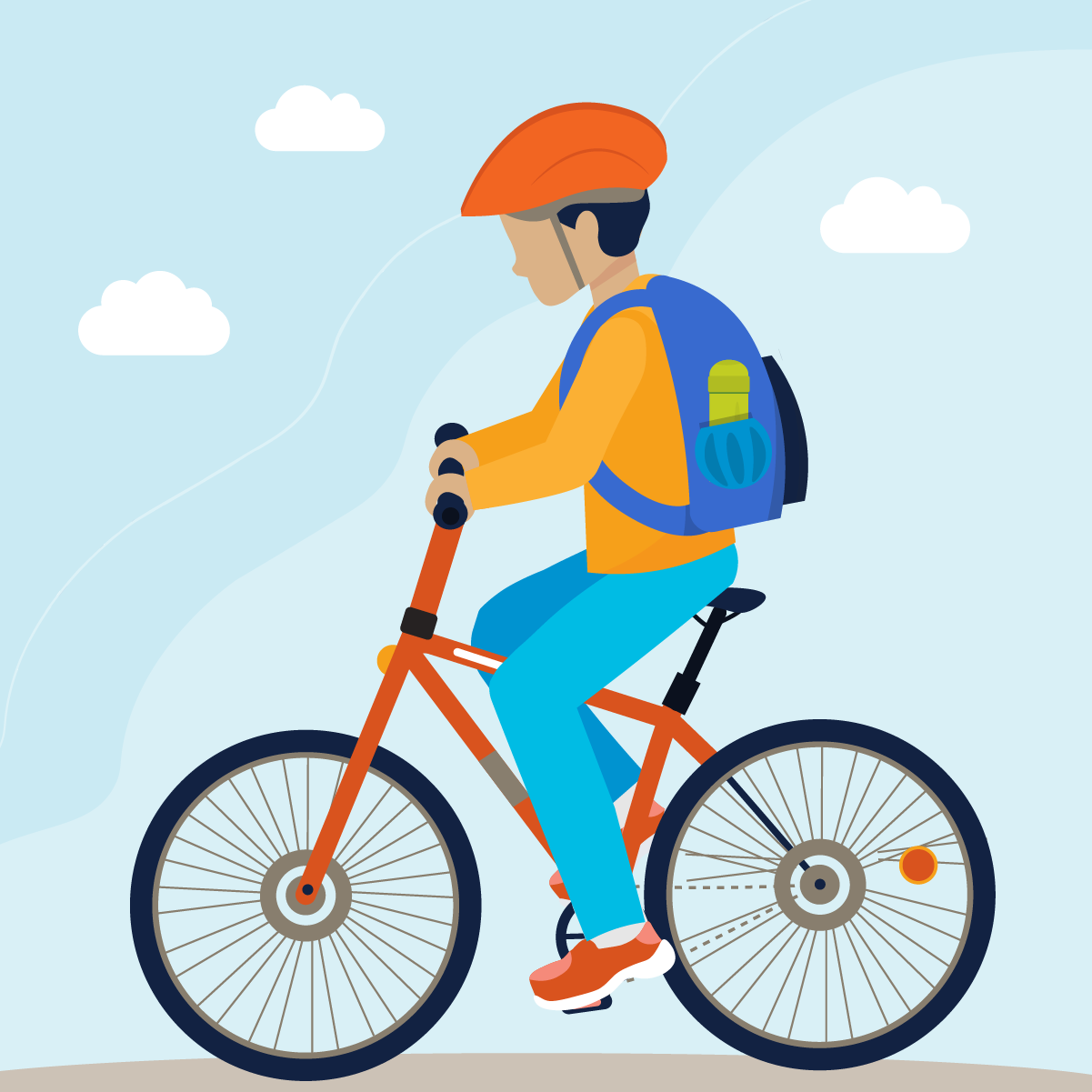

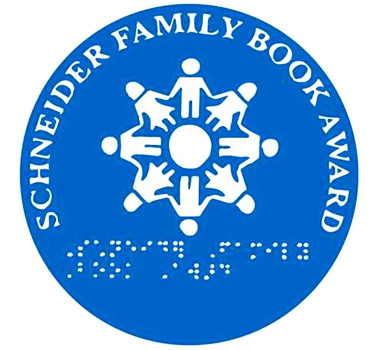
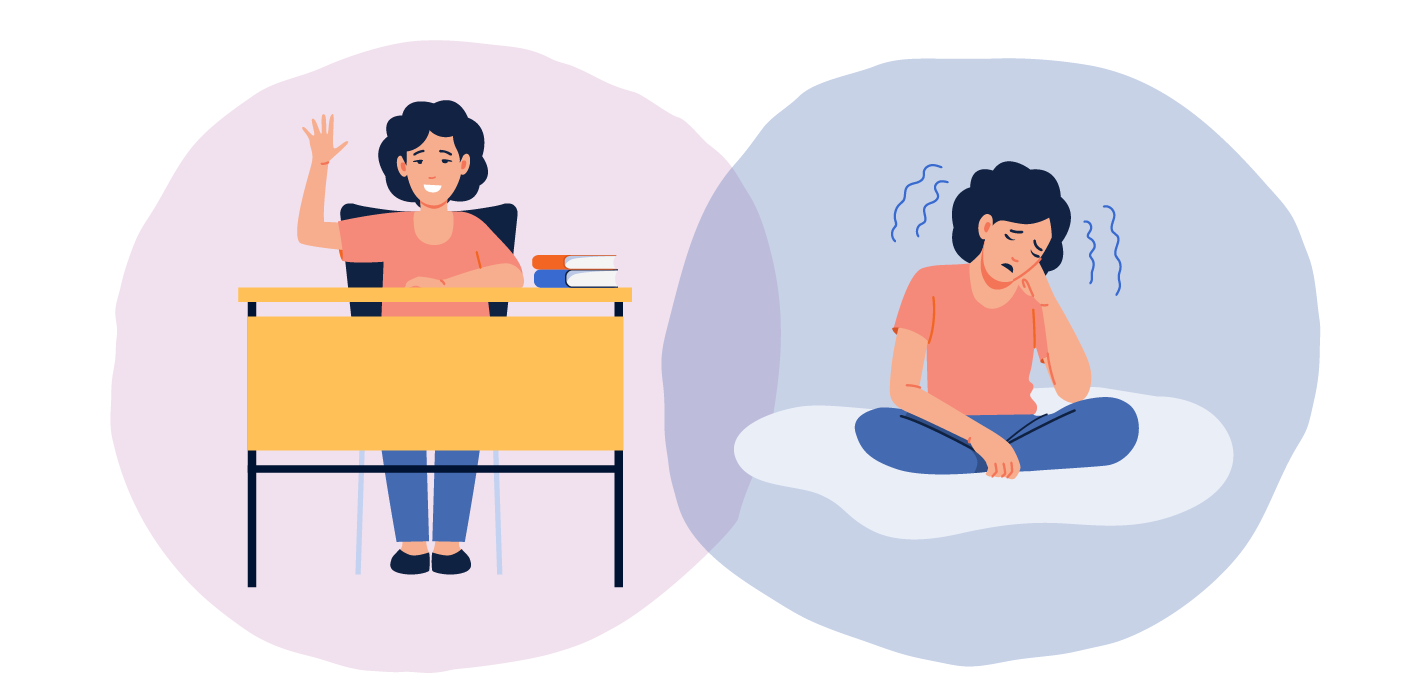


 Raising a child with ADHD isn’t like traditional childrearing. Normal rule-making and household routines can become almost impossible, depending on the type and severity of your child’s symptoms, so you’ll need to adopt different approaches.
Raising a child with ADHD isn’t like traditional childrearing. Normal rule-making and household routines can become almost impossible, depending on the type and severity of your child’s symptoms, so you’ll need to adopt different approaches. 

